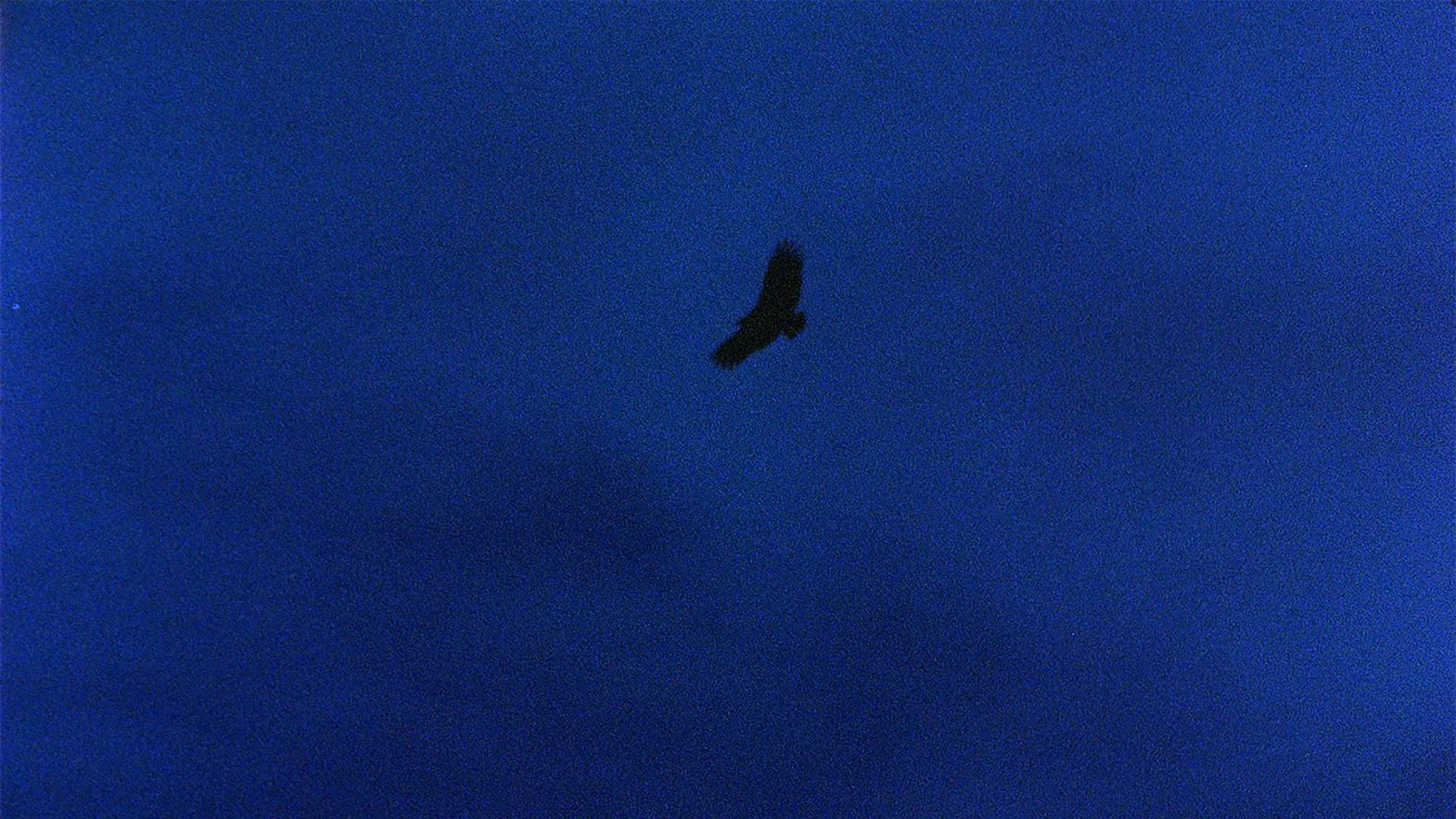
Let's start from the end. From the quote of a great pioneer, recognized as one of the precursors of Brazilian Cinema Novo, Humberto Mauro: "Cinema is like a waterfall". It’s right here on the continuous flow of the water of one of the highest waterfalls in the country, the Salto Do Itiquira, where this first feature film by the artist and experimental filmmaker Ana Vaz ends. The director is already known on the international circuit of festivals and art galleries for her shorts and her installations. Faced with the dizzying and copious effluvium of water, a wellspring that harks back to the primordial beauty of nature, but also to the eternal flow of things, closes a film that brings to completion a theoretical reflection at the base of many of Vaz's works.
We are in Brasilia, a model city, born from an exact architectural project, the capital of a new state, which has denied its beating heart – the forest with its inexhaustible force to create the breath of the world – to pursue a distant and cumbersome political system. The bewitching architecture stands as monuments in the desert, in a place where man has only appeared, his presence is suggested only by a few lights in the houses and by the cars that cross the highways with studied geometries. The protagonists are, instead, the strange animals that inhabit the – once rich – Brazilian fauna, the strange-looking anteaters, the owls with their fixed gaze, the darting otter and the capybaras ready to sniff out the danger. Today they find themselves behind bars at the Brasilia Zoo, where they are treated by veterinarians, ready to gather reports of any intruders in the city. In this space given to them, in which the natural element is accustomed to being reproduced, the voice of those men who have been torn not only their lands but their cultural origin is resurrected. Uprooted, like those big cats that were once brought to Brasilia to inaugurate a zoo full of attractions, which reproduced the modernism of the forms of a model city.
In the non-stop carousel of a growing city, the journey into the animal kingdom suggested by the director frees the gaze of those who have never questioned their perception of the world, finding an escape route that, if it does not melt in the exit from the metropolis, is freed with the vertical movement of the water from which everything is generated.
Daniela Persico
Curiosity
One of Ana Vas’ first works, the documentary short A Idade de Pedra, was selected for the 2014 edition of Visions du Réel, Festival international de cinéma Nyon.